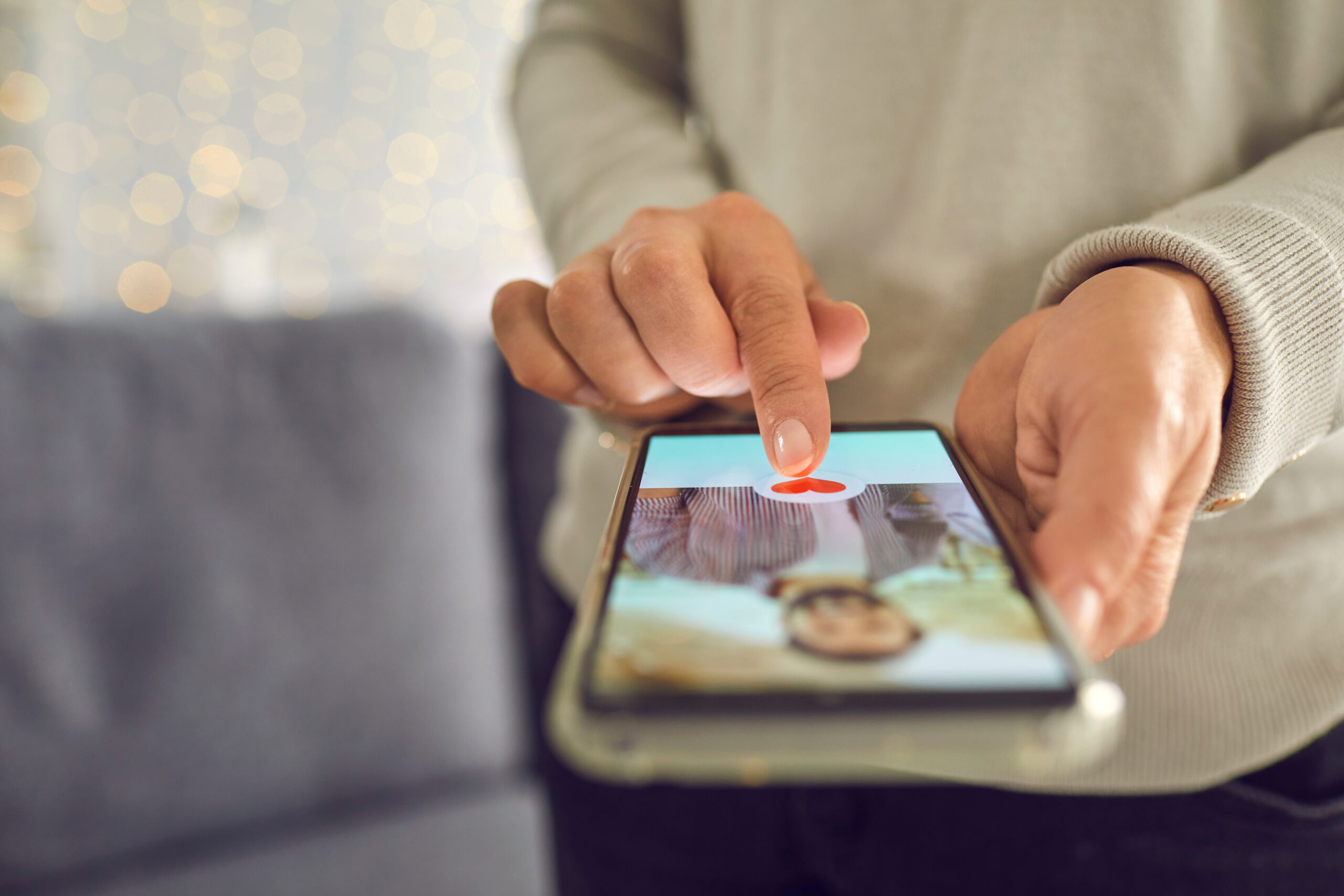Table of Contents

Dating apps, once hailed as the future of romance, have become a double-edged sword for mental health, with research showing over 61% of users taking breaks due to psychological strain.
At a Glance
- Online dating has become the primary way to meet potential partners, with most matches beginning virtually rather than in-person
- 96.7% of survey respondents were using dating apps, with 42.7% using them weekly and 25.3% daily
- 61.4% of users have taken breaks from dating apps specifically for mental health reasons
- Research shows significant associations between dating app use and increased psychological distress, depression, and body image issues
- Despite these challenges, 77% of users would still recommend online dating, particularly for casual relationships
The Rise of Digital Dating and Its Mental Health Impact
The landscape of modern romance has shifted dramatically with the advent of dating apps. What was once considered an alternative way to meet potential partners has now become the mainstream approach, with most relationships beginning online rather than through traditional in-person encounters. A recent survey revealed that 96.7% of respondents were actively using dating apps, with 42.7% engaging weekly and 25.3% logging in daily. The most frequently used platforms include Tinder, Bumble, and OKCupid, each offering its own approach to facilitating connections in the digital age.
This sentiment appears increasingly common among dating app users, particularly those who have been active for extended periods. While these platforms offer unprecedented access to potential partners, they also create an environment where users face continuous pressure, rejection, and the need to curate their online personas. The psychological toll of this experience has led 61.4% of users to take breaks from dating apps specifically for mental health reasons.
The Psychological Burden of Swipe Culture
Research has begun to identify specific mental health challenges associated with dating app use. A study published in BMC Psychology found that Swipe-Based Dating Applications (SBDAs) were significantly associated with higher psychological distress and depression. Moreover, the research discovered that increased frequency and duration of SBDA use correlated with greater psychological distress, suggesting that prolonged exposure to these platforms may exacerbate mental health issues for many users.
The psychological effects extend beyond depression and anxiety. Recent research highlighted in the journal Computers in Human Behavior found that over 85% of studies reported significant negative impacts of dating app use on body image. Additionally, 48.6% of studies reported significant negative impacts on mental health and overall wellbeing. These findings suggest that the constant evaluation based on appearance that occurs on dating apps may be particularly damaging to users' self-perception and psychological health.
https://twitter.com/KoroshNasab/status/1925562292592095360
Finding Balance in the Digital Dating World
Despite these concerning findings, dating apps aren't without their benefits. They can ease social anxiety for some users by providing a gradual approach to relationship building. "Online dating can often provide a more gradual progression of a relationship in that it begins online, and once a connection is formed, it gradually moves from texting or emailing to talking on the phone and then finally meeting in person. This slower process can often help ease the anxiety of someone who's inexperienced or hesitant to engage in the dating process," explains one expert on technology addiction and relationships.
This ambivalence is reflected in survey findings that show 77% of users would still recommend online dating to others, particularly for casual dating scenarios. The key appears to be developing healthier approaches to using these platforms. Research suggests that the way social media and dating apps are used impacts mental health more than usage frequency alone. Using apps primarily for validation appears more problematic than using them with clear intentions and reasonable expectations. As the research continues to evolve, there is growing recognition of the potential to redesign dating apps to reduce their harmful psychological effects while preserving their ability to connect people in our increasingly digital world.
AD
Most Recent
AD
